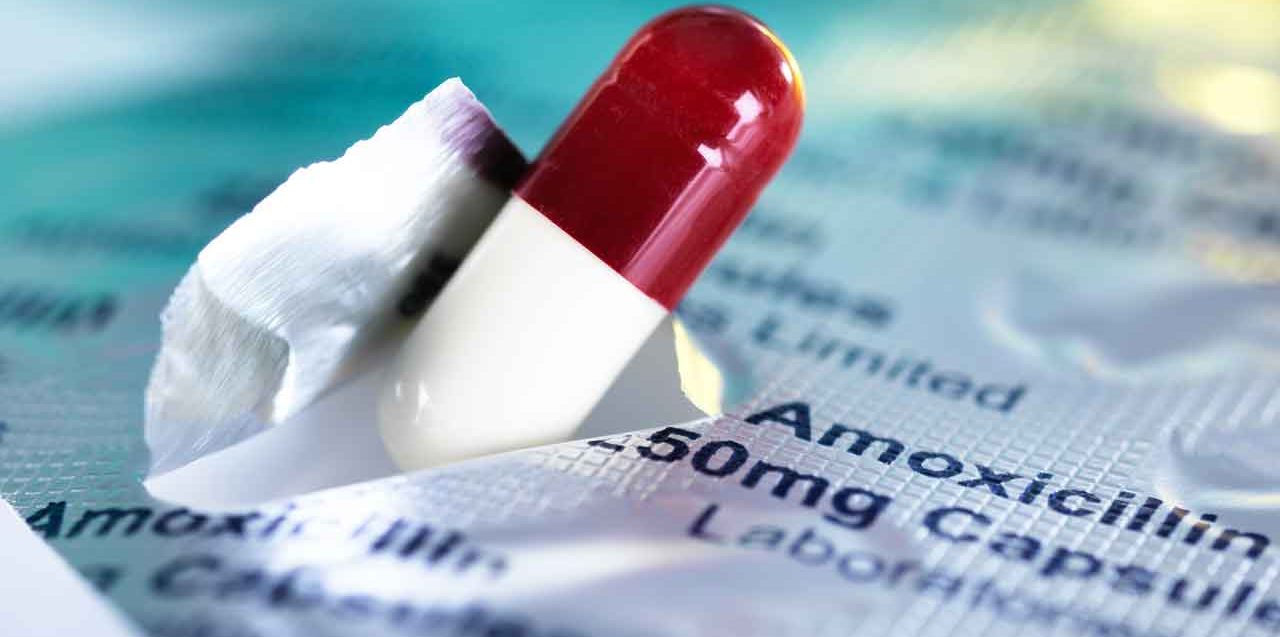Do You Really Need to Take the Full Antibiotic Dosage?

You're told to finish your antibiotics; some researchers disagree. Tempted to stop your full antibiotic dosage? Talk to your doctor first.
If you’re ever gone to a doctor with a killer sore throat or earache, your doctor probably told you to not to try to take less than the full antibiotic dosage. Finish that package of tablets, no matter what.
That’s been the standard advice for decades. As the World Health Organization explains, “There has been a lot of research into how long antibiotic courses should be, to determine the shortest possible length of course needed to completely kill all bacteria…. Feeling better, or an improvement in symptoms, does not always mean that the infection has completely gone.”
YOU MIGHT ALSO LIKE: Antibiotics Change Gut Bacteria Balance
You may not be cured — and, conventional wisdom goes, if you knock off early, you’re more likely to develop antibiotic-resistant strains of bacteria. That idea dates back to the scientist who identified penicillin as an antibiotic compound, Alexander Fleming. In his acceptance speech for the 1945 Nobel Prize in Physiology or Medicine, he famously said, "If you use penicillin, use enough!"
Resistant bacteria are a growing problem, in part because antibiotics have been overprescribed: about half the time, they’re prescribed for conditions caused by viruses, not bacteria — and antibiotics can’t stop a virus.
Even when you do have a bacterial infection, the rule to “finish the course” may be wrong, according to an editorial in the prestigious BMJ (formerly the British Medical Journal).
Updated:
March 31, 2020
Reviewed By:
Christopher Nystuen, MD, MBA